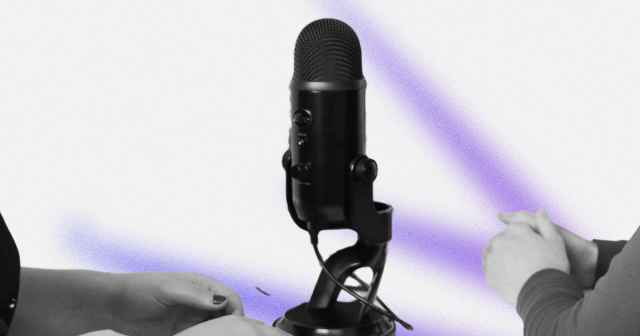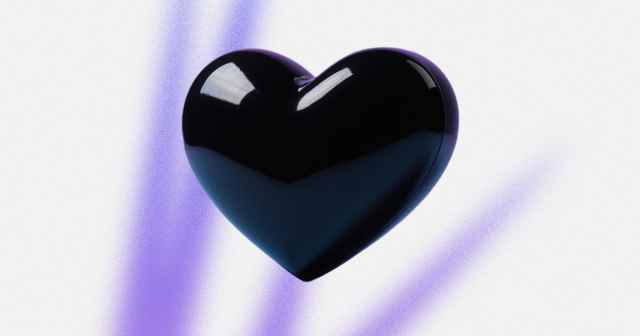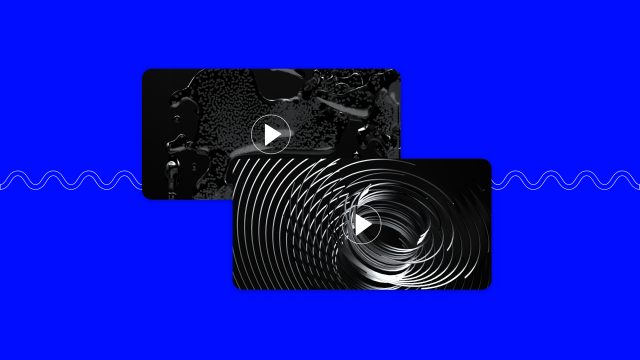
Society is changing, technology is improving and so does the content and the ways we receive it. In this article, we discuss the evolution of content creation. We explore what influences perceiving and creating it. Additionally, we consider what the future can bring.
There are two aspects of the evolution of content that need to be discussed: its length and its visual side. Both are correlated, yet bring a totally new value to the discussion.
From books to memes
It’s hard to believe that only a few years ago, we used to produce mostly written content. We were expressing our opinions on blogs and then moved to Facebook feed, to finish with 140 posts on Twitter. We write and read less, as we need to get the info faster, and produce it quicker.
When the going gets tough, the tough get going. All content creators know how our online universe is shifting. It’s moving towards more instant content that fits the shorter attention span of the audience.
These days, you don’t even need to answer with words, memes are enough. Viral image can express more than a paragraph of explanation, and a single gif makes a better point than an essay.
The rise of video content creation
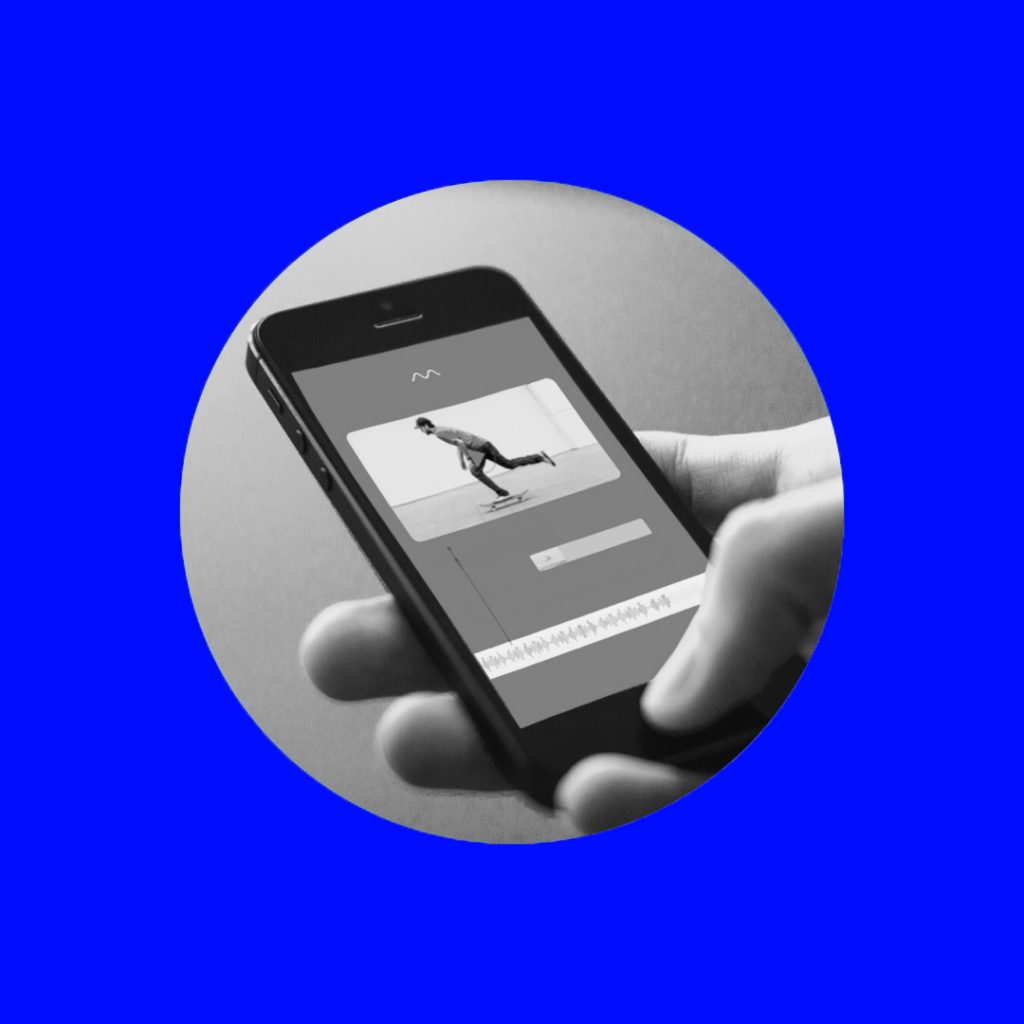
As more structured and demanding written content creation is getting pushed into an abyss of despair, the video content is snatching the crown. It’s easy to absorb, more entertaining, and it does not require so much attention.
According to Forbes, in 2020, 96% of consumers increased their online video consumption and 9 out of 10 viewers said that they wanted to see more videos from brands and businesses.
In fact, as of 2021, an average person is predicted to spend 100 minutes per day watching online videos. Shocking, huh? While scrolling Instagram, TikTok and even on news websites – video is monopolizing the way we receive information.
Content creation has evolved significantly, from creating vlogs to recording TikToks. It took considerable effort to develop a new language of audiovisual messages. Now, in just a few seconds, you can convey your message.
It’s all getting even more interactive
Today, YouTube has become one of the most popular streaming networks worldwide. It drives in billions of dollars in revenue per year from advertisements alone. It’s hard to believe that this video giant is only 15 years old. Founded in 2006, it is now the second most popular website on the web. Of course, it follows Mr. Google.
YouTube grew steadily over the years and changed the way we enjoy watching videos, sharing video content and it influenced the way of who creates it. Thanks to YouTube, literally everyone could become a director, vlogger and show host. No surprise that YouTube is visited by nearly a quarter of the world’s population, boasting a resounding 2 billion monthly active users, who upload over 500 hours of video content every minute! …but there is also a rising star of video content, Twitch, which entertains the viewers on another level.
Twitch has been around for a while, but only recently has gained the recognition it deserved. Kicking off in 2012, Twitch is an interactive live streaming service for content spanning gaming, entertainment, sports, music and more. The breakthrough for the platform was brought about by the COVID-19 pandemic and caused by lockdowns it forced. Twitch registered an increase of monthly viewers from 1.3 billion in January 2020, to nearly 2.5 billion only two months later. In 2021, the platform is registering steady 3 billion monthly viewers and over 110 thousand active streamers.
Podcasts are conquering the market
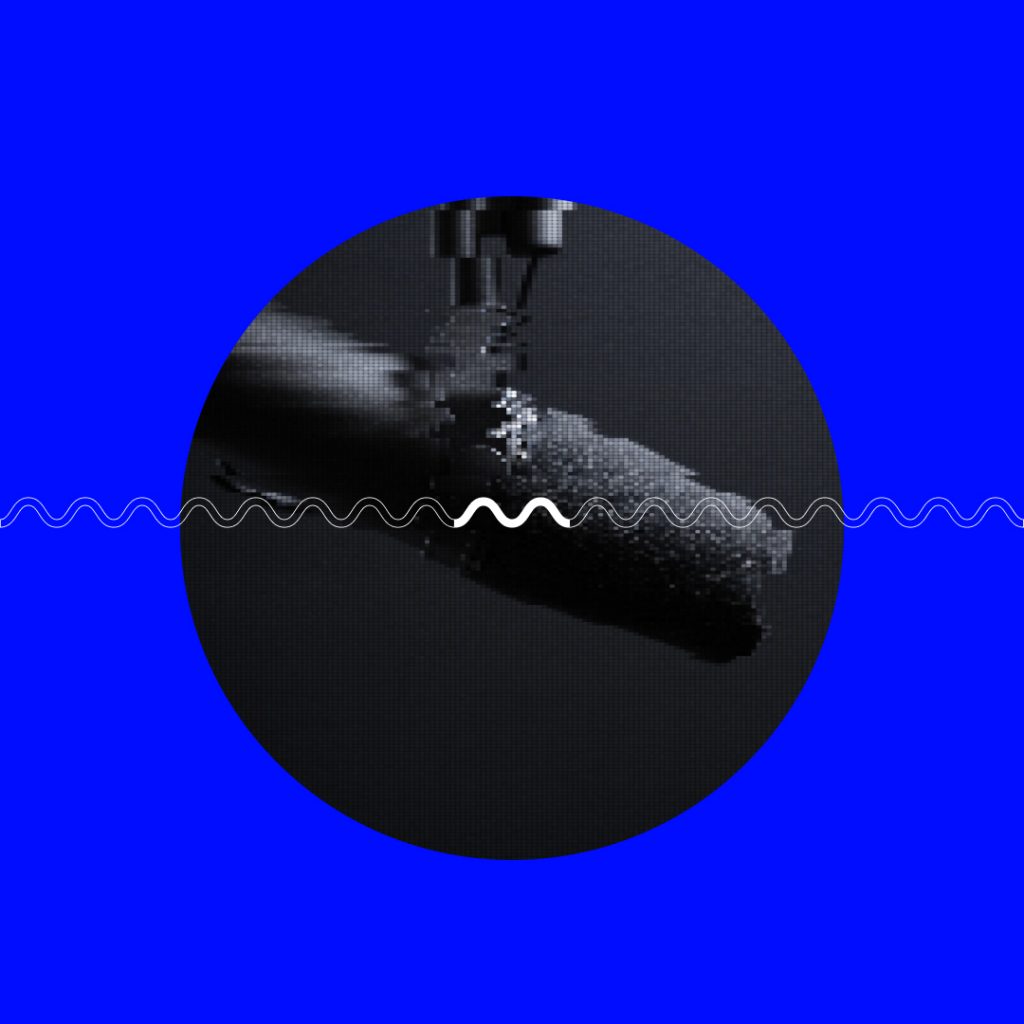
Do you remember radios? Rings a bell, right? Well, podcasts use the same format as radio shows, but have sexier names, and skip all the 90s bangers, and bad commercials.
In 2021, the number of monthly US podcast listeners will increase by 10.1% year-over-year to 117.8 million! Podcasts are mostly seeing traction among younger consumers—this year, more than 60% of US adults ages 18 to 34 will listen to podcasts monthly.
What does it mean for content creators? Again, it’s personal, independent and interactive.
The success of this form of audio content is very similar to the previously described Twitch example. Podcasts are more genuine and deep, and the show looks like a conversation between real people. It’s unscripted, intimate and personal. The success of podcasts proves what the creator economy requires today: a genuine and transparent form of self-expression with imperfections and mistakes.
Podcasts are made from scratch for people by people. The shows are independent projects, and their value is honed over time by viewers and commenters, not by radio station owners, or by media-conglomerates.
Last but not least: the sound
So far, we’ve discussed the evolution of video and audio content, but there’s another essential change in how creators produce both forms, particularly in the sounds they include.
Podcasts, vlogs, TikToks, Reels, live broadcasts, games, and apps all use background songs and beats to emphasize mood and message. For years, creators used previously published music that fit their projects. No one had thought about producing it themselves before. Content creators were bothered with the copyrights, and royalties after utilizing others’ work in their projects. Not anymore.
To meet the needs of content creators who have to produce hours of soundtracks, there are tools that help them generate it with the support of AI.
Let’s take a look at Mubert and how it elevates the idea of instant access to tailor-made music. Mubert’s platform allows users to unleash their creativity with a massive database of pre-made tracks and real-time generative music. With a wide range of license types, dynamic streaming presets and more than one million samples from over 4,000 musicians, Mubert is one of the most versatile and powerful licensing platforms around.
From casual Twitch streamers to app-building gurus, Mubert users can venture as far as their imaginations can take them.
AI takes over the content creation
Whether we know it or not, AI generated content is already part of our daily lives. For instance, when you finish your favourite Netflix TV show and a list of recommended TV shows shows up afterwards – that’s AI right there. AI simply learns from previous human behaviours and adapts its response when facing new situations. As our machine learning develops, so do the responses AI gives to us will increasingly become more realistic.
Creators can use AI to simplify the process of generating content, and support themselves with original and unique work on demand. Mubert’s team understands it and provides users with the opportunity to create music powered by AI.
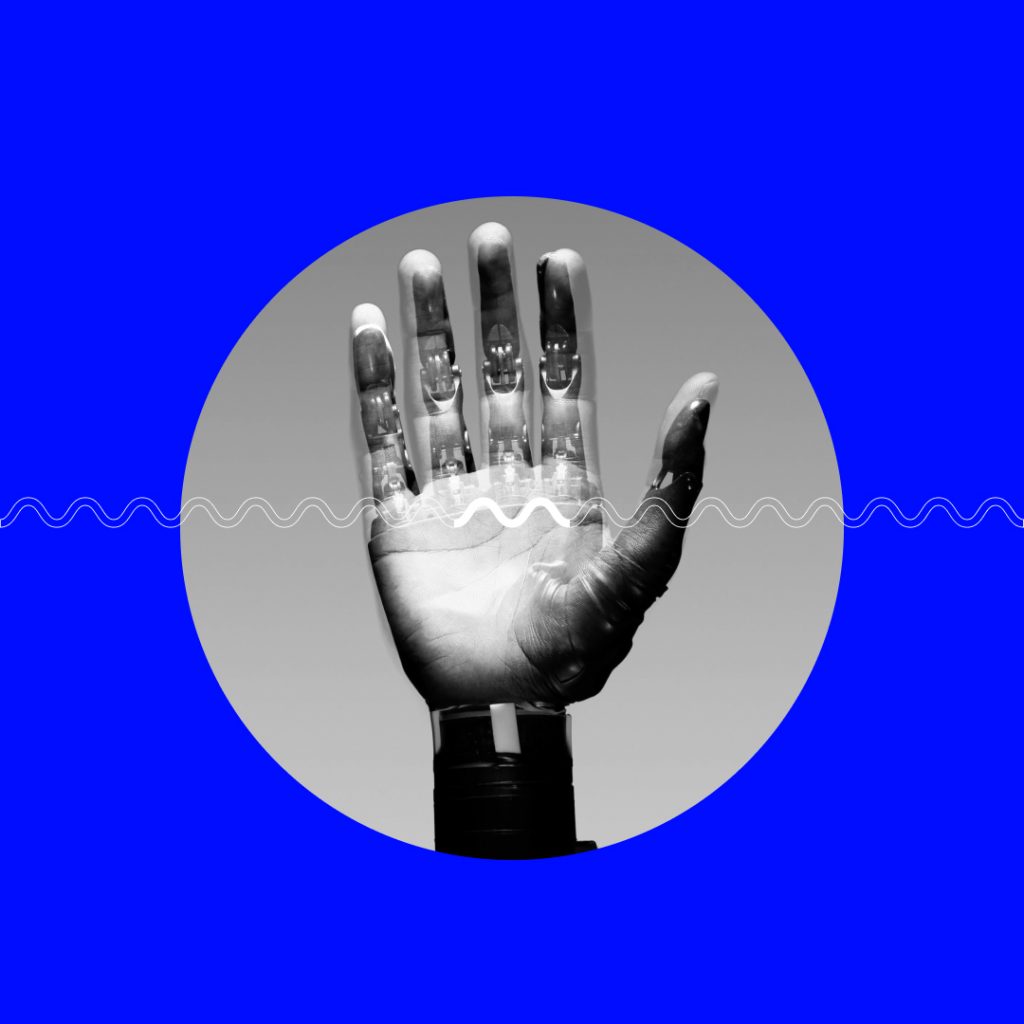
We asked Beatriz Salvada, CEO of Gryphon Digital Solutions, a Lisbon-based marketing agency, what impact can Mubert, and AI-generated audio content, have on content creation; she answered, This question reminds me of the time when we first started debating whether robots would take our jobs or not. I have always believed that creativity is such a human thing, that no AI machine can create something new or unique without falling to the same predictable path. Nowadays I am not so sure. But like any other man-made invention, it is how you use it to your benefit that can increase your overall experience.
I believe Mubert to be the perfect example of how AI can better the lives of musicians and content creators. More than an app, Mubert is a powerful tool that democratises music, opening the possibility for everyone and anyone to be a part of the music community and industry. All in all, creativity is such a human thing that I don’t think AI-generated content creation will make it vanish. It will just ease our daily lives!
Wrap up: The future of content creation
In simple words: content is turning into a less invasive, yet more authentic and independent form. You can listen to your podcasts while running, or cooking. The 30-second TikTok videos cheer you up, and don’t require a lot of attention, and Twitch provides you with an ocean of interactive streams and live broadcasting.
Marketeers have this saying that “Content is King” and we believe that this phrasing still holds truth to this day. Content Marketing plays such a crucial role for brand growth and developing a closer relationship with your audience that we do not think it will disappear from our digital strategies anytime soon. In fact, it will only increase in its level of importance.
Content will increasingly become more interactive with its audience, the mere spectator will feel more confident in front of the camera, video filters will be our new digital face and the insta look and feel will slowly disappear from our feeds, giving room for a more relaxed authentic way to share our lives in a digital setting.
CreatorEconomy Creators InsightsAI Music Company
Mubert is a platform powered by music producers that helps creators and brands generate unlimited royalty-free music with the help of AI. Our mission is to empower and protect the creators. Our purpose is to democratize the Creator Economy.
Generate Track API for Developers


